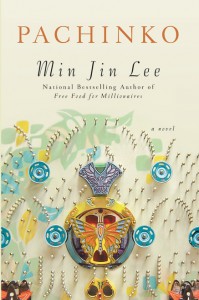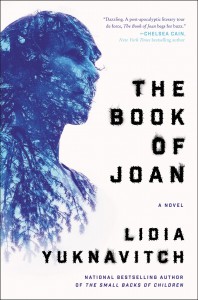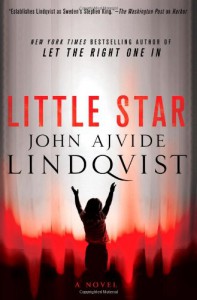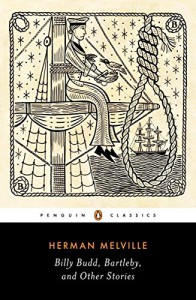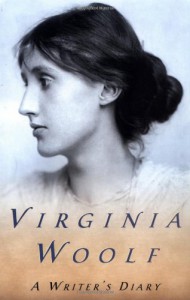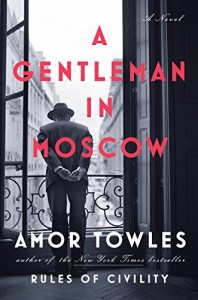Girl in the Dark, by Anna Lyndsey

I became interested in this book because as a migraine sufferer who hasn't always had my headaches under control or been able to reliably treat them, I would be shut up in my apartment, in the dark (or as dark as possible when I lived in Arizona), for up to 24 hours. I couldn't read or watch television or go online. I'd sleep but couldn't do so all day. I was bored and felt alone. The next day, when the pain was gone, it was like a first day out of prison or after a long illness. I'd be almost euphoric but also feel vulnerable, as sometimes I'd get rebound headaches. Thankfully, I now have medications both to reduce my headache days and to stop them before they become agonizing.
"Anna" has an extreme sensitivity to light that keeps her inside, in a light-tight room, not for a day but months (even years) at a time. Certain wavelengths affect her more than others, but she can't read, watch television, or use a computer. She listens to audio books, talks on the phone with others who share debilitating chronic conditions, plays mental logic games alone or with her partner or other loved ones. She understandably feels depressed and experiences suicidal ideation.
Yet the book itself is not depressing. There is a humor to her writing, and her strength in dealing with this condition is impressive, encouraging, and inspiring without being maudlin. She's candid about her frustrations, as when she talks with others with chronic conditions that don't limit them in all the ways she is limited and finds herself angry.
She's also a terrific writer; the book feels literary in its prose and structure, which includes shorter chapters ordered thematically and achronologically (in one chapter she goes through the alphabet--one of her mental games--to list all the therapies she's tried and their results). At the end of the book she explains her decisions about how to structure it and even includes a chart indicating periods when she could not leave her home at all and periods of remission when she could go out around dawn and dusk.
Perhaps the most frustrating aspect of Girl in the Dark to read about is the fact that doctors refused to come to her when she could not leave her home. She corresponded with some, but knowing that house calls have been part of the medical profession in the past (and still are in some places--or for the right price) demonstrates their reluctance--not inability--to engage with patients with rare conditions like Anna's. To me, that's inexcusable and shameful.
 1
1
 4
4


